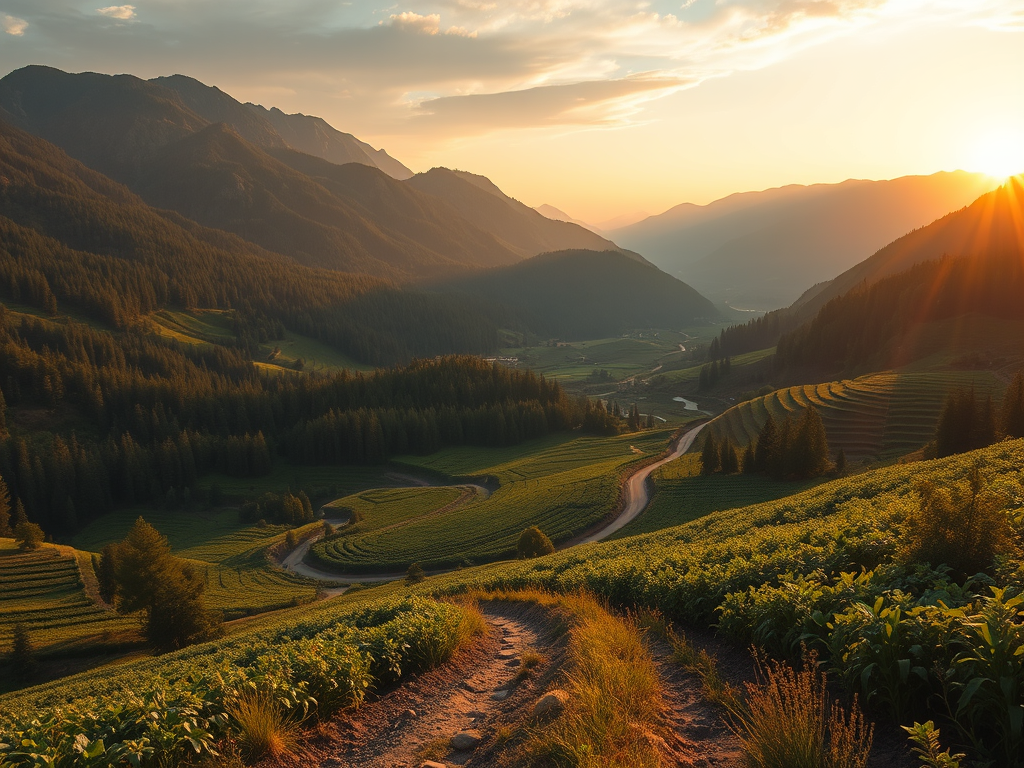Water plays a crucial role in agriculture, but with growing water shortages and climate change, its conservation has become more critical than ever. Conservation of water in agriculture involves optimal use of water to guarantee long-term sustainability, enhanced crop yields, and environmental conservation.
Farmers can implement a range of water-saving practices to minimize loss and optimize efficiency. Some of these practices include sprinkler and drip irrigation, which supply water directly to the roots of plants, where evaporation is minimized. Rainwater harvesting enables farmers to harvest and store rainwater to be used later, while mulching prevents evaporation and temperature changes by maintaining soil moisture. Irrigation scheduling according to weather forecasts and levels of soil moisture also prevents overwatering.
Water conservation not only ensures healthy crops but also safeguards groundwater resources, lowers energy consumption in pumping water, and minimizes soil loss and nutrient runoff. In drought-prone or areas where water is scarce, these measures can ensure agriculture is more climate-resilient and adaptable.
By prioritizing water conservation, agriculture farmers take a vital role in saving this valuable resource. Whether it’s large farm or household garden, implementing intelligent water practices keeps agriculture in full bloom while protecting the environment for generations to come.
